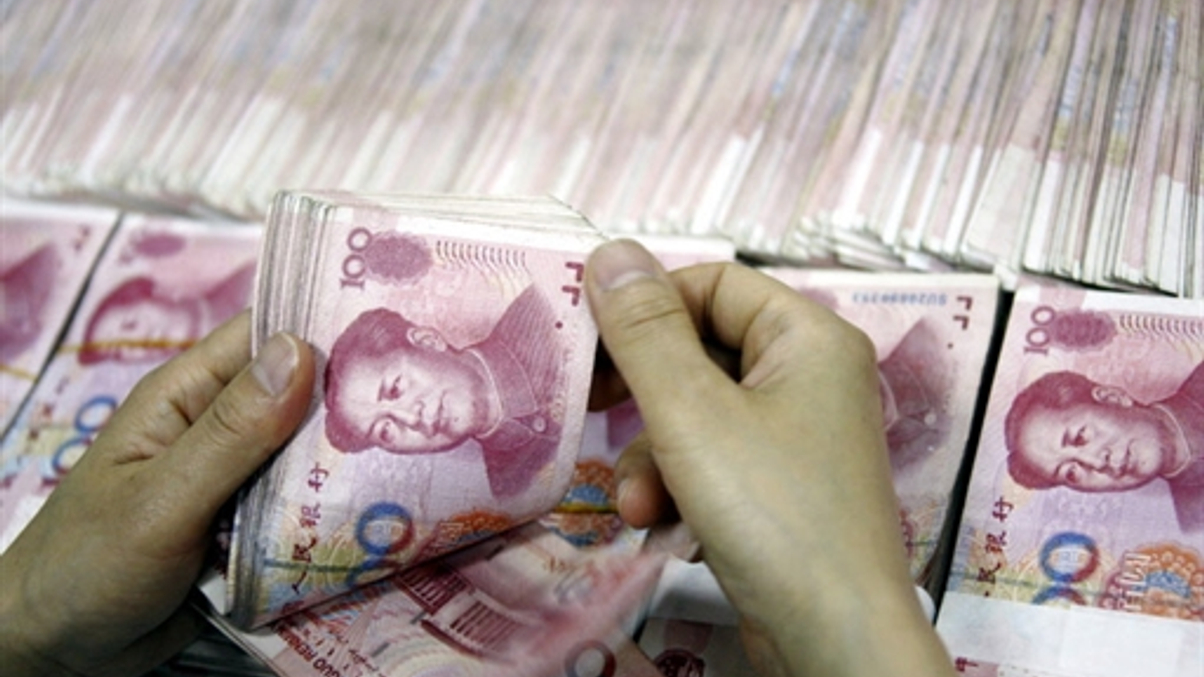China’s ill-fated first QDII fund to repay principal in full
Hua An prepares to pay back investors after settling a dispute with the bankrupt Lehman Brothers. It was an unfortunate start to a government project that still fails to convince.

China’s first QDII fund is preparing to repay investors their principal in full after settling a legal dispute with defunct US investment bank Lehman Brothers in what proved an inauspicious beginning for a government pilot project that continues to disappoint.
Sign in to read on!
Registered users get 2 free articles in 30 days.
Subscribers have full unlimited access to AsianInvestor
Not signed up? New users get 2 free articles per month, plus a 7-day unlimited free trial.
¬ Haymarket Media Limited. All rights reserved.


